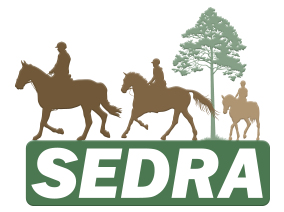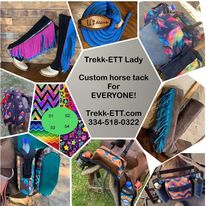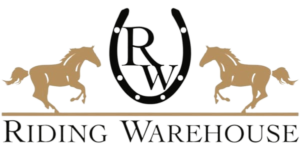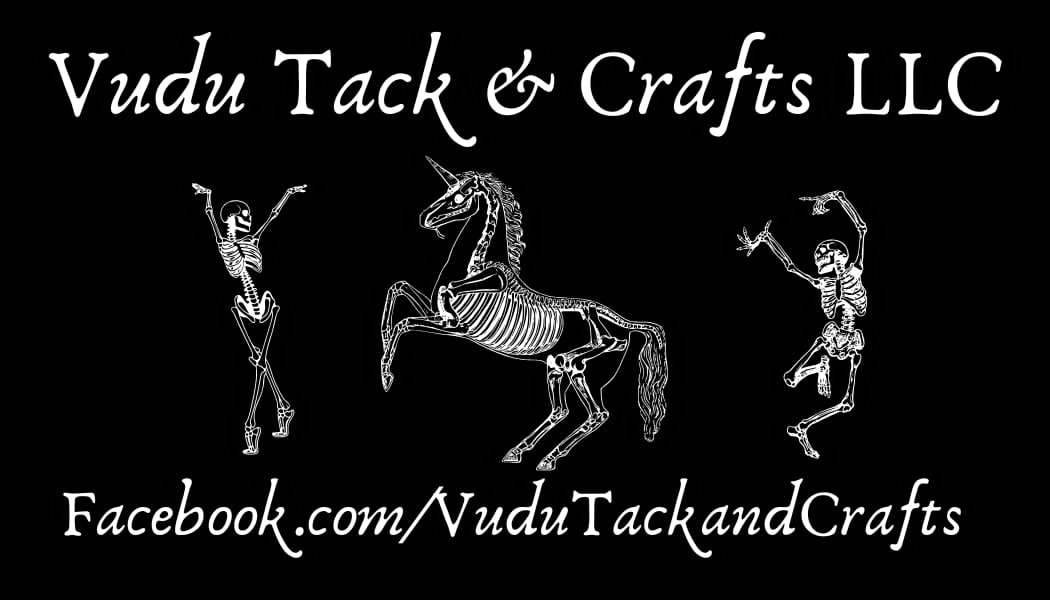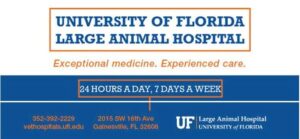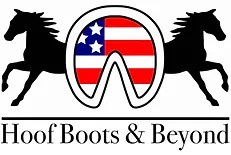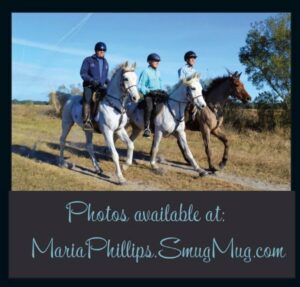Do you know how many volunteers it takes to make a distance event, Competitive Trail or Endurance, successful? Let’s start with a Ride Manager, a secretary, registration attendants, trail blazers, trail markers, water handlers, vet scribes, CRI personnel, timers, runners, spotters, scorers, to name a “few” of the positions! These special people deal with what Mother Nature hands us in terms of weather, they get dirty, and work hard for our enjoyment of the competition.
Equestrians interested in the sport of Distance Riding, volunteer, get their hands dirty, watch, listen and learn what the sport has to offer…. fun, family atmosphere, camping, fresh air, exercise, horsemanship, recreation, the thrill of adventure, new friends, competition, fun!
You do NOT have to be a member of SEDRA or have any experience to volunteer. If you need training ( to be a P&R tech for example) SEDRA will be holding free mini-clinics at a number of rides throughout the year. If you are hoping to compete some day, volunteering is absolutely the best way to learn what you need to know. If you’d like to volunteer for a ride, contact us today!
YOU can help a Ride Manager with any one of the following …
Anywhere Needed … Watch, Listen and Learn!
VETERINARY RECORDER, great opportunity to observe the Vet! Veterinary recorders (aka secretaries) record the information at the various vet checks including the pre-ride check-in. The recorder’s duty is to write down on the proper form all information dictated by the vet during any examination of a horse, including the time the check was done (this has nothing to do with any timing into or out of the vet check). The time is needed only if there is a question later as to when the check was performed. This job offers a great opportunity to someone who wants to learn about the mechanics and metabolics of endurance horses.
PULSE TAKERS, experience required! It is important to have people experienced in taking pulse and respiration readings to staff this team, as they will ensure the horse has met the specified criteria before recording the P&R readings on the rider card. The horse’s hold time is based upon the time it reached the criteria dictated for the ride. P&R are taken before passing the horse on to the veterinarian for further examination. Well trained P/R teams can remove a significant burden from the vets and enhance the efficiency of the check. Two P/R teams per vet are recommended, but the job can be done with only one, depending on the number of entries. One person may serve as a recorder for the other, or one may take the pulse while the other is watching the respiration. If experienced people are not readily available, the ride manager can arrange a clinic for training purposes.
- Help with Food, no double dipping!
- Help with Water (for horses, of course!)
- Help mark or unmarking the trails, this is a necessity!
TIMERS & TIMERS’ ASSISTANTS – The responsibility of timers is to keep track of arrival and departure of the riders. Experienced timers are very important even if other volunteers are new to the sport, as they are critical to ensuring the vet checks run smoothly and equitably. There should be at least two timers at each station, the incoming side and the outgoing side of the vet check. It is very helpful to have one timer fielding horses’ numbers and the other recording them – on rider cards and on a timer sheet. Timers are needed at the finish line (again, two are a minimum, to make accurate recordings and to pass judgment in case of a close race or tie) and all vet checks with timed holds. At gate type vet checks, it is valuable to have timers recording the arrival time of the horse on the rider card. The P/R teams then record the recovery time and the P/R readings on the rider card, and the vet can tell how long it took the horse to recover to ride criteria. It is critical for all timers’ watches to be synchronized before the start of the ride and rechecked periodically for synchronization. Do not expect one person to serve as both timer and vet recorder, as it cannot be done properly. Timers record both arrival and departure of the horses and give riders the OK to leave a timed hold. It is their responsibility to verify that no rider leaves prematurely; they are the clock-watchers. It is not the responsibility of timers to call riders to leave. They need assistants to record numbers and call riders when their time is up and it’s OK for them to leave. The finish line timer records the finish time of each rider using the horse/rider number on a master sheet at the finish line.
SPOTTERS are useful wherever an existing shortcut could be illegally used by riders to gain an advantage of time and reduced mileage. Be sure spotters know their instructions and the trail explicitly and they do not leave until ALL riders have passed by. They should record numbers as the horse/rider teams pass. Ham radio operators are useful for this job, as they can also relay information back to camp or on to the next vet check. This is especially helpful in keeping track of all riders. If a rider was lost or sick/injured, or if there was an sick/injured horse, ride management would have the information and could act upon it.
TRAFFIC GUARDS – There will be some places where riders will need to cross paved roads at inopportune locations. These volunteers will ensure they are able to do it safely.
GENERAL “GO-FER” – TWO TO FOUR NEEDED The ride manager cannot be everywhere at once, and will need several general helpers to answer basic questions and be available to “go fer” whatever it is that might be needed. Obviously, a drivers’ license and vehicle is important for all go-fers except one, who can confine his/her assistance to inside camp.
DRIVER(S) for equine ambulance, Driver(s) for Water Wagons (where applicable) Drivers for P&R teams, Scorers.
The broadest, and maybe the most meaningful definition of volunteering: Doing more than you have to because you want to, in a cause you consider good. – Ivan Scheier
Interested in being a SEDRA Volunteer? Please visit our Ride Calendar to search for a ride near you, please contact that Ride Manager and make plans to learn, live and laugh!
